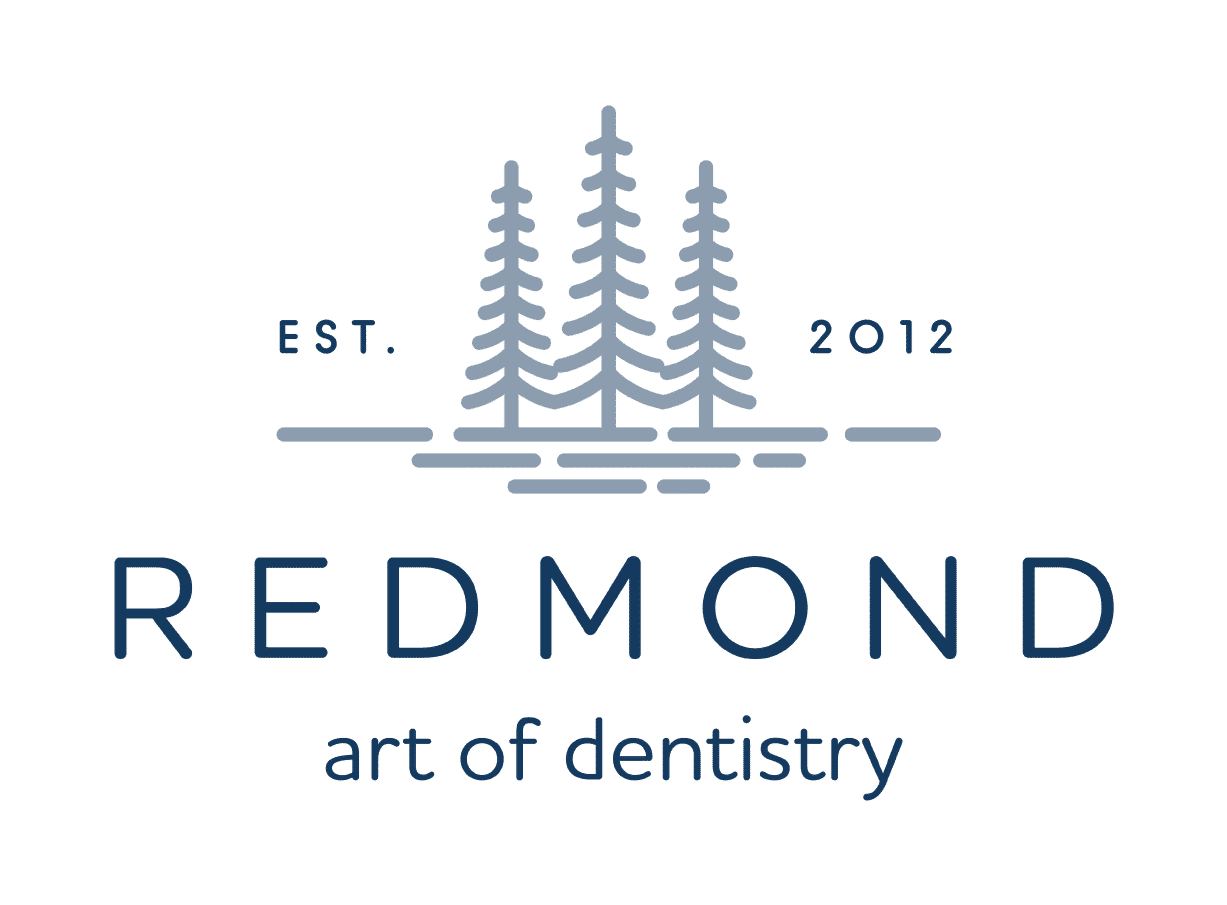When a dentist says decay or caries is that the same as dental cavities. The answer in short is, YES. So what exactly is a dental cavity? Believe it or not, a cavity is a bacterial infection and one of the most prevalent diseases in the world. Bacteria in your mouth cause acid fermentation which leads to the destruction of your teeth. This bacteria destroys the hard tissue of your tooth through the process of demineralization. Your body will try to reverse the demineralization process by incorporating ions from your saliva such as calcium and phosphates, this process is called remineralization. When the demineralization process occurs faster than the remineralization process, a cavity will form in your tooth.
so what can we do to prevent cavities from forming?
1) The easiest way to prevent cavities is to brush and floss your teeth on a regular basis (2 times a day). By having outstanding oral hygiene habits, we are limiting the amount of time food is present in our mouth, and limiting the “food” supply for the bacteria in your mouth. Brushing and flossing is going to limit the amount of plaque buildup on your teeth.
2) Fluoride toothpaste and mouthwash are also a great way of preventing dental cavities and go hand in hand with good oral hygiene. When our teeth get demineralized, we lose both calcium and phosphates from our teeth. When using fluoride containing products, the fluoride is incorporated into the demineralized tooth, which helps with the remineralization process. So what exactly are the benefits of fluoride?
- Fluoride is a bigger and stronger ion than calcium, when it gets incorporated into your tooth, your tooth gets stronger
- Fluoride is more resistant to acid, therefore making it more difficult to cause a cavity in the tooth
- Fluoride is cariostatic, meaning it decreases the number of bacteria forming around it
3) Come to the Dentist for routine checkups! We always stress to our patients that it is best to catch something early as opposed to waiting it out. When you come in for routine cleanings and exams (we recommend every 6 months for someone in perfect health) we are able to identify early signs of tooth decay via dental x-rays and oral evaluation.
4) Lastly, watch your diet. Eating habits are one of the biggest factors in getting cavities. Food debris stuck between teeth provides “food” for the cavity forming bacteria. More frequent snacking, without brushing afterwards, enables the bacteria in our mouth to produce more tooth destroying acid. Not only will a person who snacks frequently get more cavities throughout their lifetime, the severity and how quickly they spread through the tooth is increased too.
If you have any questions about dental cavities or would like to schedule an appointment to determine whether or not you have dental cavities, please give us a call at (425) 386-7599. Thank you for reading and we look forward to serving you, your family and friends with all of their dental needs.

